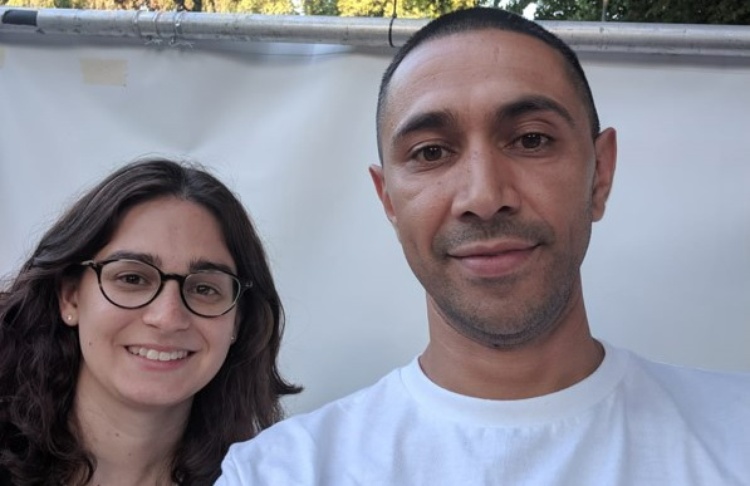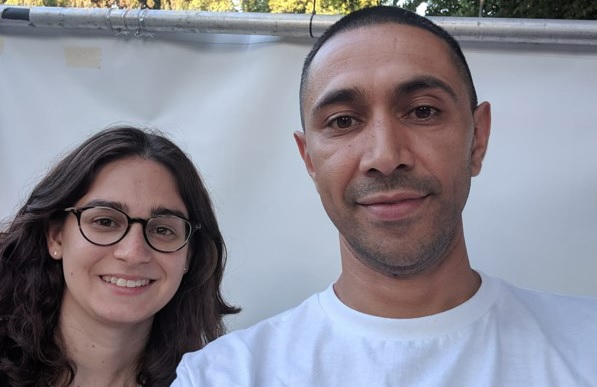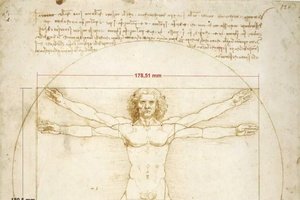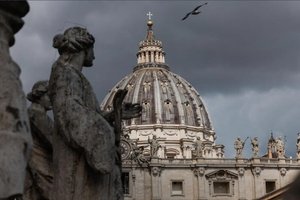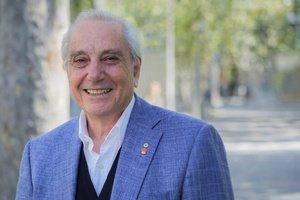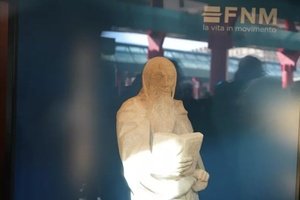The series aims to offer food for thought regarding the concept of Italian identity and explores themes connected to Blackness in Italy and in the Italian diaspora.
The murder of African-American man George Floyd by Minneapolis police in May 2020 gave rise to a global anti-racist movement that had a strong impact in Italy as well.
This sparked an interest in Black Italians and their contribution to Italian culture and society, both among scholars and within the wider community.
The Black Italia series responds to growing calls for new articulations of Italian identity and culture, expanding what it means to be “Italian” and the definition of Italian culture.
The first instalment, Ius Music: How Afroitalians Are Changing Italian Music, was face to face and featured a live online performance and discussion with rapper and educator, Amir Issaa.
Following a welcome speech on the evening, guests were introduced to Issaa, who went on to share his life story.
The artist was born in Rome in 1978 to an Egyptian father and an Italian mother from a small town in the Ciociaria region – a territory in the central mountains with indistinct boundaries.
Growing up in the Tor Pignattara neighbourhood of the Italian capital, Issaa approached hip hop culture in the 1990s, first as a graffiti artist and then as a rapper.
Today, he combines his artistic career with that of an educator, writing books and curating different experiences such as TED Talks and workshops.
He collaborates with high schools, universities and colleges around the world and has lectured in the United States, Italy, France, Belgium and Japan.
Issaa’s latest publication, Educazione rap (Rap Education), focuses on his experiences as a rapper-educator, utilising rap as an educational tool to talk about pressing global issues, such as the COVID-19 pandemic and the Black Lives Matter movement.
Although he has Italian citizenship, Issaa has become a role model for many young people born and raised in Italy to migrant parents, who are referred to collectively as the “second generation”.
He is a celebrated activist for civil rights and citizenship law reform and uses words and rhymes to raise public awareness on these issues.
His story is told in the 2017 autobiographical novel, Vivo per questo (I Live for This).
“My parents met in Rome,” he explained.
“My maternal grandfather was part of Mussolini’s troops who had gone to Africa to colonise it; as you can imagine, he never accepted my father and was against the relationship.
“Despite everyone else’s opinions, my mother continued to love my father.”
When Issaa was only three years old, his father was sent to jail.
The artist vividly remembers how difficult it was for his mother to protect him and his sister from prejudices both within the family and society at large.
“My official name has always been Amir Issaa, but growing up everyone (including my parents!) always called me Massimo,” he said.
Growing up torn between two worlds, Issaa often felt as though he didn’t belong and was judged by others as not being “completely Italian”.
Issaa spoke about how rap helped him profoundly to discover his identity: after listening to songs that explored themes such as discrimination and family dynamics, he began writing his first rhymes, putting his thoughts and feelings down on paper.
“Hip hop culture saved me because I didn’t have to prove anything to anyone and I could be myself,” he explained.
“In hip hop culture, having two nationalities is a resource; you know many more terms that you can use to express your ideas.”
The artist went on to address how the Italian media have often discriminated against him, at times labelling him as the “immigrant who sang for other immigrants”.
“My story is very different from that of my father,” he explained.
“We’re connected by blood, but he migrated to the Bel Paese while I, on the other hand, was born and raised there; there’s a huge difference.”
Despite the challenges he has faced, Issaa has noticed a change in society since he was a child.
In fact, almost half of the children he has interacted with in schools have at least one parent from another country, indicating that Italy is more multicultural than ever at present.
“For me, these are the new Italians,” Issaa concluded.
“The biggest problem for their integration lies not in other people, but in Italy’s deeply antiquated citizenship law.
“Obtaining citizenship shouldn’t be a privilege, but rather a right for anyone born in the country.
“We’re adapting to modern times; Italian society and its laws should do the same.”
Issaa’s thought-provoking discussion was the perfect opener to a series that is bound to bring more important issues to the table.
Much like Tuesday’s event, the remaining two instalments of Black Italia will be presented by Angelucci.
Angelucci is currently Research Fellow at the Department of Human Centred Computing (Monash University), where she works on projects engaging CALD communities in Victoria.
She also holds a PhD in Literary and Cultural Studies from Monash University.
Her doctoral thesis examined the cultural articulations of youth of African descent in contemporary Italy, focusing in particular on Afro-Italian hip hop music.
The next instalment of the series, entitled Blaxploitalian: 100 Years of Blackness in Italian Cinema, will take place on May 24 and feature a screening and Q&A with filmmaker Fred Kuwornu, who will speak live from Rome.

